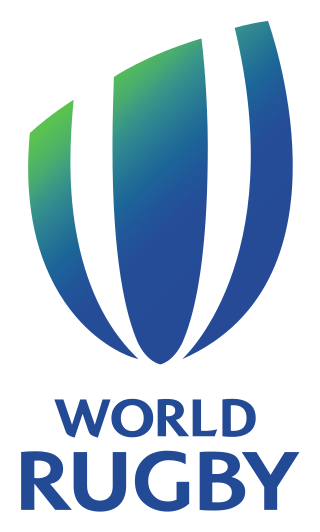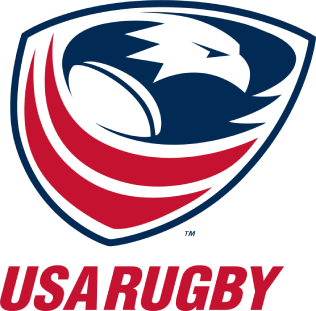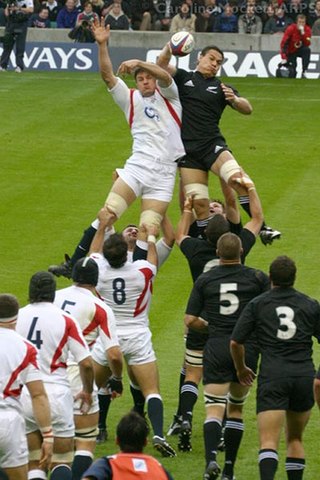External links
| Forwards | |
|---|---|
| Backs | |
Coach: Nawalu |
Coach: Nawalu |
| | This Japanese rugby union biography is a stub. You can help Wikipedia by expanding it. |
| | This Fijian rugby union biography is a stub. You can help Wikipedia by expanding it. |
| Date of birth | October 18, 1958 | ||||||||||||||||||||||||||||||||||||||||||||||||||||||||||||||||||||||||||||||||||||||||||||||||||||||||
|---|---|---|---|---|---|---|---|---|---|---|---|---|---|---|---|---|---|---|---|---|---|---|---|---|---|---|---|---|---|---|---|---|---|---|---|---|---|---|---|---|---|---|---|---|---|---|---|---|---|---|---|---|---|---|---|---|---|---|---|---|---|---|---|---|---|---|---|---|---|---|---|---|---|---|---|---|---|---|---|---|---|---|---|---|---|---|---|---|---|---|---|---|---|---|---|---|---|---|---|---|---|---|---|---|---|
| Place of birth | Lautoka, Fiji | ||||||||||||||||||||||||||||||||||||||||||||||||||||||||||||||||||||||||||||||||||||||||||||||||||||||||
| Height | 5 ft 11 in (1.80 m) | ||||||||||||||||||||||||||||||||||||||||||||||||||||||||||||||||||||||||||||||||||||||||||||||||||||||||
| Weight | 201 lb (91 kg) | ||||||||||||||||||||||||||||||||||||||||||||||||||||||||||||||||||||||||||||||||||||||||||||||||||||||||
| Rugby union career | |||||||||||||||||||||||||||||||||||||||||||||||||||||||||||||||||||||||||||||||||||||||||||||||||||||||||
| |||||||||||||||||||||||||||||||||||||||||||||||||||||||||||||||||||||||||||||||||||||||||||||||||||||||||
Paulo Nawalu, spelt also as Paula Nawalu (born October 18, 1959 in Lautoka) is a former rugby union player. He played as a scrum-half.
His first international match was against Tonga, at Suva, on June 8, 1983. He was also part of the 1987 Rugby World Cup roster, as well of the South Pacific Barbarians during their 1987 tour in South Africa. Later, Nawalu played for the Japan national rugby sevens team, with which he played the 1993 Rugby World Cup Sevens. [1] Nawalu was the first Fijian player to play in a Japanese team, when he played for Hino Motors. [2]
He trained the Japan national rugby sevens team during the 1997 and the 2001 Rugby World Cup Sevens. Currently, since 2015, he is coaching Karada Factory A.P. Pirates, a Japanese women's rugby sevens team. [3]

The Men's Rugby World Cup is a rugby union tournament contested every four years between the top international teams, the winners of which are recognised as the World champions of the sport.

World Rugby is the governing body for the sport of rugby union. World Rugby organises the Rugby World Cup every four years, the sport's most recognised and most profitable competition. It also organises a number of other international competitions, such as the World Rugby Sevens Series, the Rugby World Cup Sevens, the World Under 20 Championship, and the Pacific Nations Cup.

The Japan national rugby union team, also known as the Cherry Blossoms, the Brave Blossoms, or simply Sakura, represents Japan in men's international rugby union. Japan is traditionally the strongest rugby union power in Asia and has enjoyed and endured mixed results against non-Asian teams over the years. Rugby union in Japan is administered by the Japan Rugby Football Union (JRFU), which was founded in 1926. They compete annually in the Pacific Nations Cup (PNC) and previously in the Asia Rugby Championship (ARC). They have also participated in every Rugby World Cup (RWC) since the tournament began in 1987, and hosted the event in 2019.

The United States men's national rugby union team, nicknamed the Eagles, represents the United States of America Rugby Football Union in men's international rugby union. USA Rugby is the national governing body for the sport of rugby union in the United States, and is a member of Rugby Americas North, one of six regional governing bodies under World Rugby. Until rugby returned to Olympic competition, with sevens at the 2016 Rio Games, the United States was the reigning Olympic rugby champion, having won gold at the 1920 and 1924 Summer Olympics.

The South African national rugby sevens team competes in the World Rugby Sevens Series, the Rugby World Cup Sevens, the Summer Olympic Games and the Commonwealth Games. Overall, the team has won the World Rugby Sevens Series 4 times, as well as having won 40 tournaments in the series.
Rugby World Cup records have been accumulating since the first Rugby World Cup tournament was held in 1987.

The Hong Kong national rugby union team, nicknamed the Dragons, has made the qualifying rounds of the Rugby World Cup. Rugby union in Hong Kong is administered by the Hong Kong Rugby Union since 1952, and successfully competes annually in the Asia Rugby Championship.

Rugby union has been played in New Zealand since 1870 and is the most popular sport in the country as well as being its national sport.

Rugby union in Fiji is a popular team sport and is considered to be the national sport of the country. The sport was introduced to Fiji in the 1880s. Fiji is defined as a tier two rugby nation by World Rugby. The national team has competed at the Rugby World Cup and made it as far as the quarter-finals. Their sevens team is also noted for their success, winning multiple Olympic gold medals, World Rugby Sevens Series and Rugby World Cup Sevens.

Rugby union in Brazil is a rapidly growing sport, with rugby union increasing in popularity at universities across Brazil.

Rugby union in Japan is a moderately popular sport. Japan has the fourth largest population of rugby union players in the world and the sport has been played there for over a century. There are 125,000 Japanese rugby players, 3,631 official rugby clubs, and the Japan national team is ranked 12th in the world.
Sinali Latu is a retired Tongan-Japanese rugby union player. He played in Japan for Sanyo and also played for the Japan national rugby union team. Now he coaches the Daito Bunka University rugby team. Since he acquired the Japanese citizenship, he changed his full name to William Sinali Latu. He is the founder of the non-profit organisation Japan-Tonga Friendship Association. He was nicknamed "Bill" (ビル) during his playing career in Japan.
The Brazil women's national rugby union team are the national side of Brazil, representing them at rugby union. After several successful performances at Sevens rugby, they played their first 15-a-side fixture in May 2008 against Netherlands and lost 10–0.

Seiji Hirao was a Japanese rugby union footballer and coach. He played as a fly-half, and was one of the most popular Japanese players of his time, earning the name of "Mr. Rugby".

Aimee Patricia Barrett-Theron is a South African rugby union former player, and currently a referee on South Africa's Premier Panel.
Sirilo Lovokuro was a Fijian rugby union player. He played as a centre and as fly-half. He was also one of Fiji's first players to turn professional in Japan.
Sairusi Naituku was a Fijian rugby union player. He played as a prop
Koji Horaguchi, was a Japanese former rugby union player who played an active role as one of the main players of Nippon Steel Kamaishi, achieving the seven consecutive titles for the first time in the history of the Japanese championship.
Katsuhiro Matsuo is a former Japanese rugby union player who played as fly-half and coach.
Epeli Rakai is a Fijian former rugby union footballer. He played as hooker.